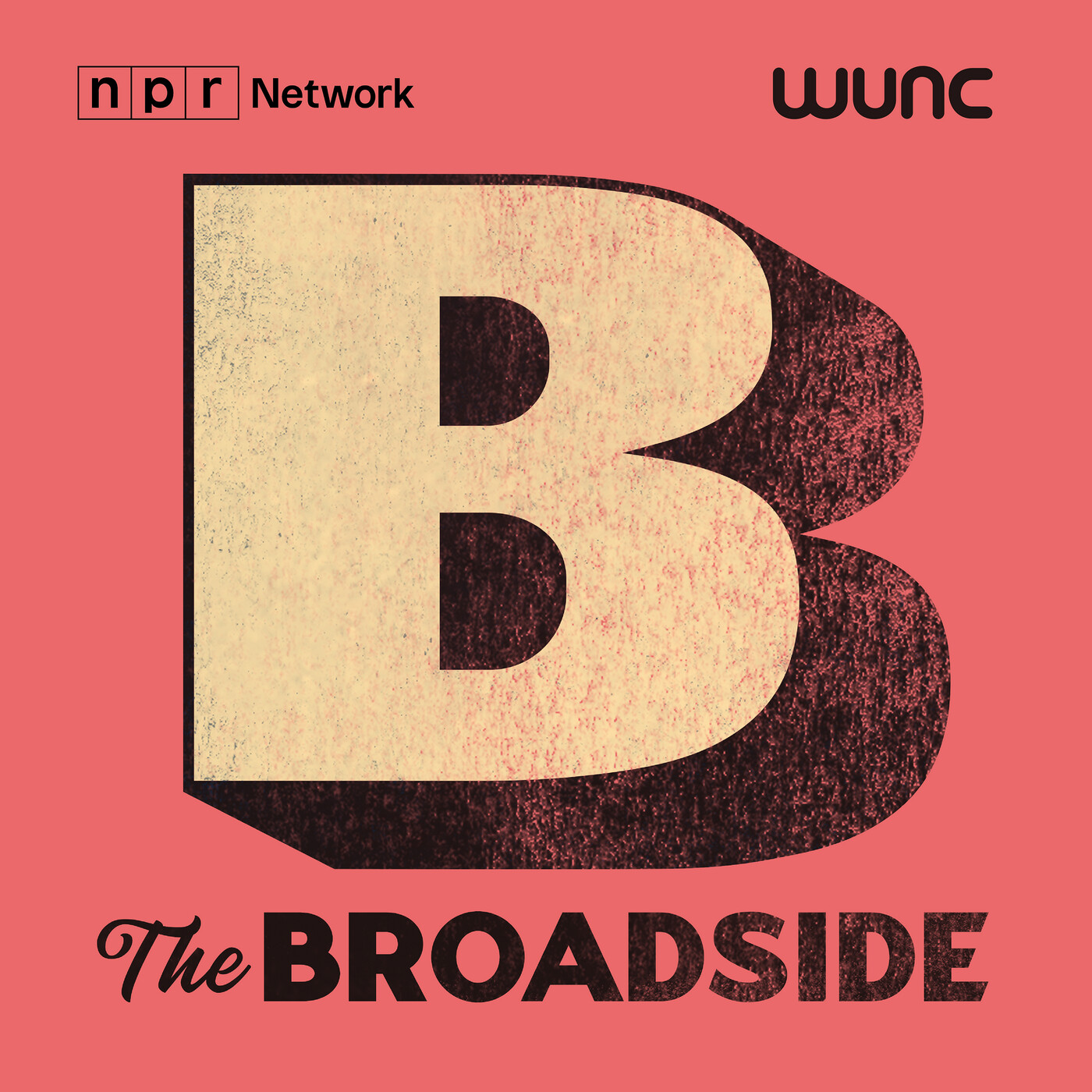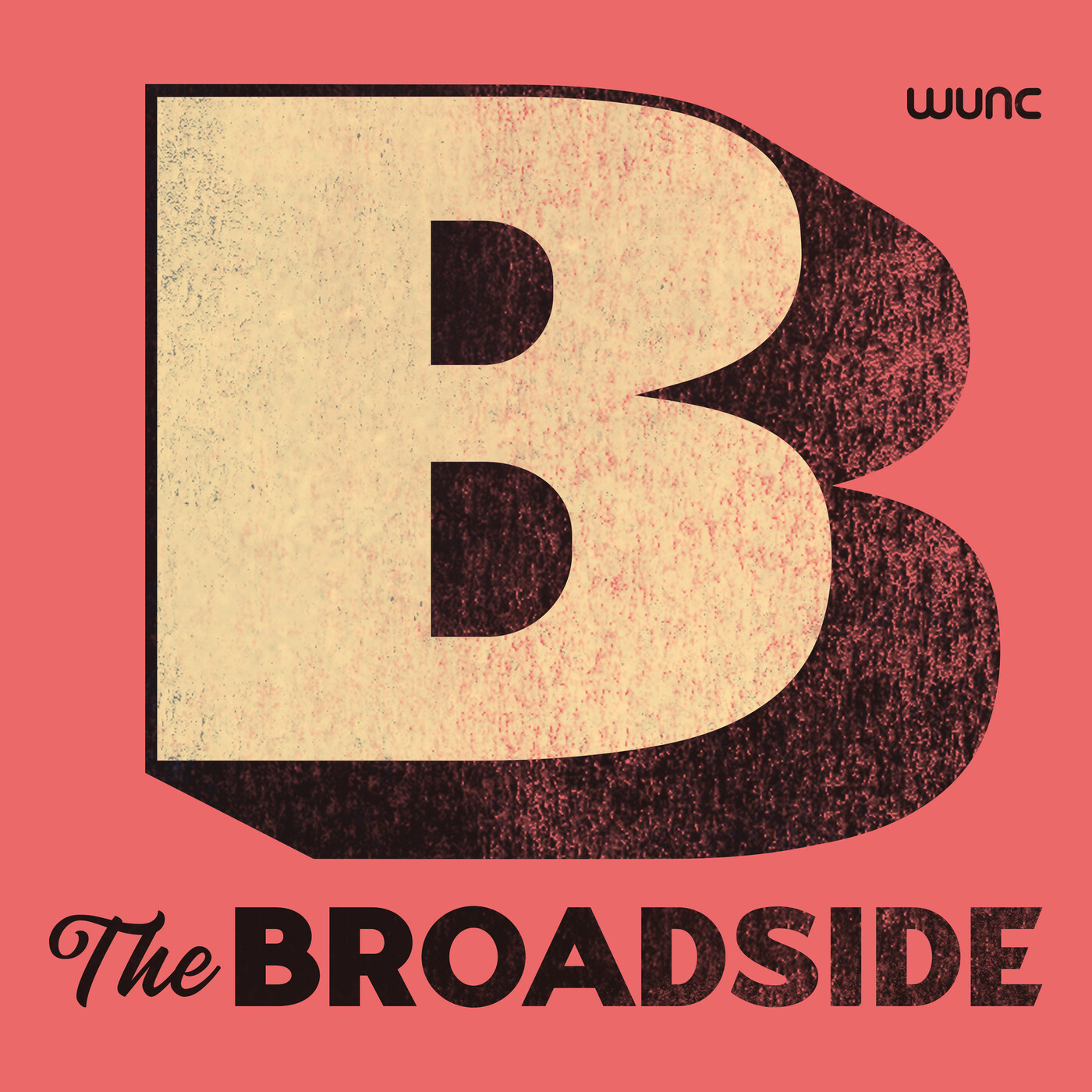
The Broadside
WUNCEach week, The Broadside highlights a story from the heart of the American South and asks why it matters to you. From news to arts and culture, we dive into topics that might not be on a front page, but deserve a closer look. Along the way, we explore the nuances of our home—and how what happens here ripples across the country.
Hosted by Anisa Khalifa, The Broadside is a production of North Carolina Public Radio-WUNC. Find it every Thursday wherever you listen to podcasts.
Each week, The Broadside highlights a story from the heart of the American South and asks why it matters to you. From news to arts and culture, we dive into topics that might not be on a front page, but deserve a closer look. Along the way, we explore the nuances of our home—and how what happens here ripples across the country.
Hosted by Anisa Khalifa, The Broadside is a production of North Carolina Public Radio-WUNC. Find it every Thursday wherever you listen to podcasts.
































































































Teachers challenge the nation's toughest union ban

North Carolina and South Carolina are home to the most restrictive public sector collective bargaining laws in the country. In fact, they’re the only two states that ban all government employees from unionizing. And that doesn’t show signs of changing anytime soon. But a group of educators in Durham, North Carolina isn’t letting that stop them from fighting for a seat at the table.
This week on the Broadside, we ask what it means to call yourself a union in a state where striking and collective bargaining are both illegal—and what that says about the history of labor organizing in the South.
Featuring:
- Liz Schlemmer, Education Reporter at WUNC-North Carolina Public Radio
Links:
- Check out Liz’s recent reporting on the history of unions in the South and her coverage of recent labor organizing efforts among teachers in Durham, NC.
- You can find a transcript of the episode here.
Donate: The Broadside is made possible by contributions from listeners like you. Support WUNC-North Carolina Public Radio and this podcast by making a donation.
See Privacy Policy at https://art19.com/privacy and California Privacy Notice at https://art19.com/privacy#do-not-sell-my-info.